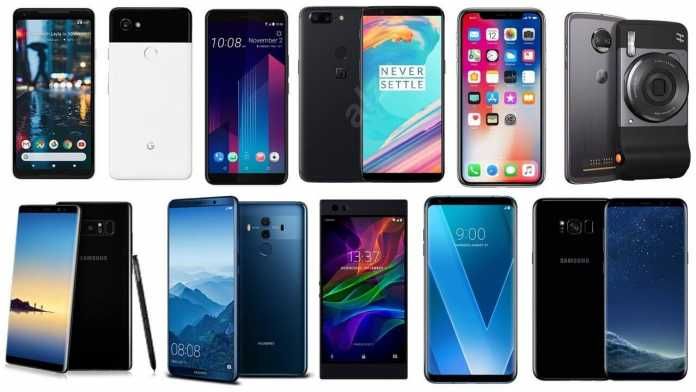The African smartphone market seems to be in the “awe” of Chinese brands. According to Canalys estimates, Chinese brands now hold four places in the top 5 Africa smartphone vendors.
Brands like Tecno, Itel and Huawei are making huge inroads on the African continent. According to marketing91, 5 Chinese brands are on the top 10 list of global smartphone sellers. However, some Chinese brands such as Oppo, Xiaomi, Vivo are yet to make huge presence on the African continent.
Apple enjoyed time as the second largest smartphone vendor globally after Samsung. This was until a Chinese handset maker Huawei overtook the Cupertino giant to become the second leading global smartphone vendor in the second quarter (Q2) of 2018, in terms of smartphone shipments.
Apple is one of the few companies that have fans lining up whenever they release a new device. However, the Cupertino company fails to hold their sway over smartphone buyers in Africa. Consequently, they are nowhere near the top 5 Smartphone Vendors list and for good reason. Apple solely relies on their premium iPhone line which mostly cost an arm, a leg and sometimes, a head. Most people prefer relatively cheaper brands that provide value for each penny paid. So, which are the top 5 Smartphone vendors in Africa?
The top 5 Africa smartphone vendors
- Samsung.
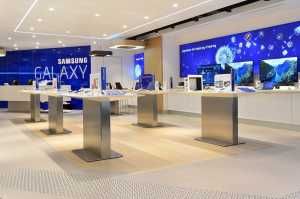
Samsung recorded a year-on-year unit decline of about a million units in the first quarter of 2018. However, it retained its number one African smartphone vendor position ahead of fierce Chinese competition. Also, Samsung’s smartphone shipments recorded a growth of 42% during the quarter.
Samsung has many devices distributed at different price points. From the premium S line, to the affordable J line. Consequently, the company’s devices appeal to many people who live on different budgets. Samsung sales claimed a 23% share of the entire market.
- Tecno.
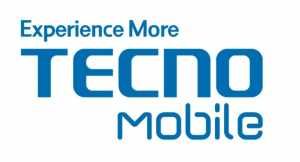
At number 2 is Transsion Holdings Tecno Mobile. As per Canalys estimates, the Chinese company holds 18% market share on the African continent. We were not able to compare sales changes since there was no information from Q1 of 2017.
However, Canalys estimates of Q1 2018 show that Tecno sold 2.8 Million units. However, we expect these figures to grow after release of bezel-less devices like Tecno CM, Camon X and Camon X Pro and the affordable Spark 2.
- Itel.
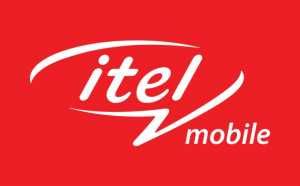
At No. 3 is Chinese smartphone brand Itel. Itel Mobile, well known for offering affordable entry level smartphones shipped 2.0 million devices to Africa in Q1 2018. Emerging African markets have played a key role in the company’s growth. Itel holds 18% of the African smartphone market.
The company’s catalog contains devices like Itel A32F which is the cheapest finger print enabled smartphone on the market. The company’s S series witnessed strong demand during the quarter. In Uganda, if you often use Safeboda, you can’t help but notice most of the riders using an Itel device.
The company has recently unveiled the P32 which brings a brand-new design and cool features for a price below USD 100. Pricing may be the reason Itel sold so many devices. However, the company hasn’t put any effort in the premium segment of the smartphone segment.
- Huawei.
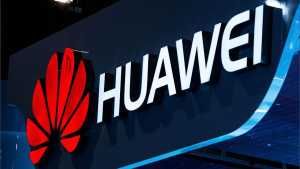
The fourth on Africa top 5 smartphone vendors is Huawei. The company held 7% market share during the first quarter of 2018. However, the brand recorded a growth decline of 3%. Year-on-year sales remained flat at 1.1 million units during the quarter.
Will its triple camera P20 Pro help it surpass its home country rivals Tecno and Itel? We shall see when Q2 results come in.
- Infinix.

Infinix is the freshest company on this list. However, it has quickly made it up the ranks to stardom because it offers cutting edge technology in well-designed packages.
Infinix has hurled 5 devices on the continent this year. The devices are spread over different price points, all delivering stellar performance. Devices like the Infinix S3, the Hot 6 and 6 Pro, the intelligent Note 5 and the notched S3X have set the company for greater things.
Consequently, Infinix might over take Huawei in the following quaters. The company registered a 7% market share in Q1 of 2018, similar to Huawei.
